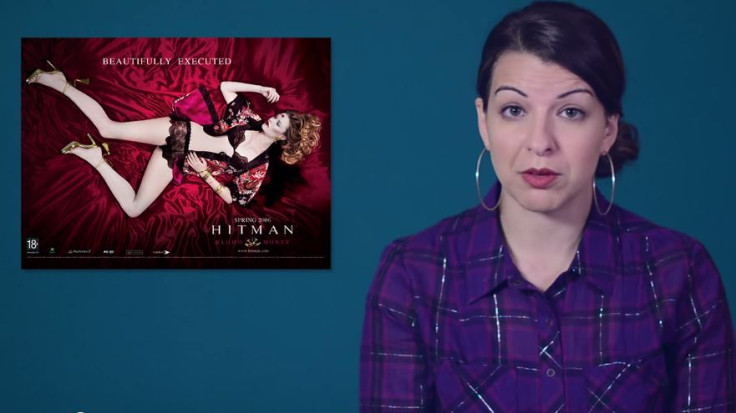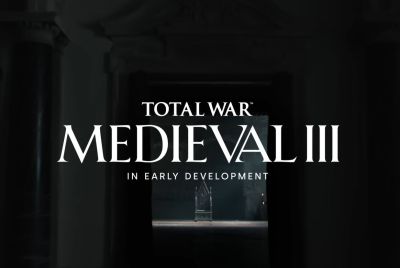E3 Organisers Stand Up To #GamerGate: 'Attacks and Threats Have No Place In The Video Game Community'

The Entertainment Software Association (ESA) has spoken out against elements of the online campaign movement 'GamerGate' (#GamerGate), which have been involved with the harassment of game developers.
Best known for hosting annual LA video game trade show E3, the US trade group issued a statement to The Washington Post saying: "Threats of violence and harassment are wrong. They have to stop. There is no place in the video game community - or our society - for personal attacks and threats."
The ESA is a body comprising of most of the industry's biggest publishers, including Microsoft, Sony, Nintendo, Activision Blizzard, Ubisoft, EA, Capcom, Konami, and Square Enix.
GamerGate is an online discussion movement concerning itself with issues around the game development industry, such as misogyny, sexism, and journalistic ethics and conflicts of interest. While these issues are important to discuss, vocal and potentially dangerous fringe elements sending threats and abuse were at the core of the GamerGate label's inception.
Things fired up in August 2014 when a sustained campaign of harassment targeted indie game developer Zoe Quinn after an ex-boyfriend posted allegations that she engaged in a romantic relationship with a Kotaku journalist and used this to garner support for her game, Depression Quest.
The allegations proved unfounded when it was discovered that the journalist in question had written only one article about Quinn and her game Depression Quest.
However, this further provoked a debate about ethics and conflicts of interest in gaming journalism. The harassment of Quinn raised other issues to the fore, such as misogyny and sexism in gaming.

Threats of rape, murder and other harassment plagued Anita Sarkeesian, as well as other developers who support the affected. Sarkeesian's web series Feminist Frequency regularly angered the GamerGate subset for pointing out examples of sexism and misogyny in video games.
As recently as this week Sarkeesian was forced to cancel a talk at Utah State University after members of the GamerGate movement threatened "the deadliest school shooting in American history" if it took place.
Police "wouldn't take steps to prevent concealed firearms at the event" according to Sarkeesian and so she cancelled her appearance.
While not every person who identifies with the GamerGate banner supports the harassment being perpetrated (many have spoken out against it) the movement is still deeply rooted in these horrible acts.
Their concerns relating to ethical journalism are in many ways valid, but everyone who flies the GamerGate flag is inadvertantly complicit in these attacks - attacks so bad that people have been forced from their homes.
It seems those interested in continuing the discussion in a constructive manner are trying to cling to GamerGate as a label, but it has become so maligned that it might be too late for them and they'll have to abandon it.
© Copyright IBTimes 2025. All rights reserved.




















